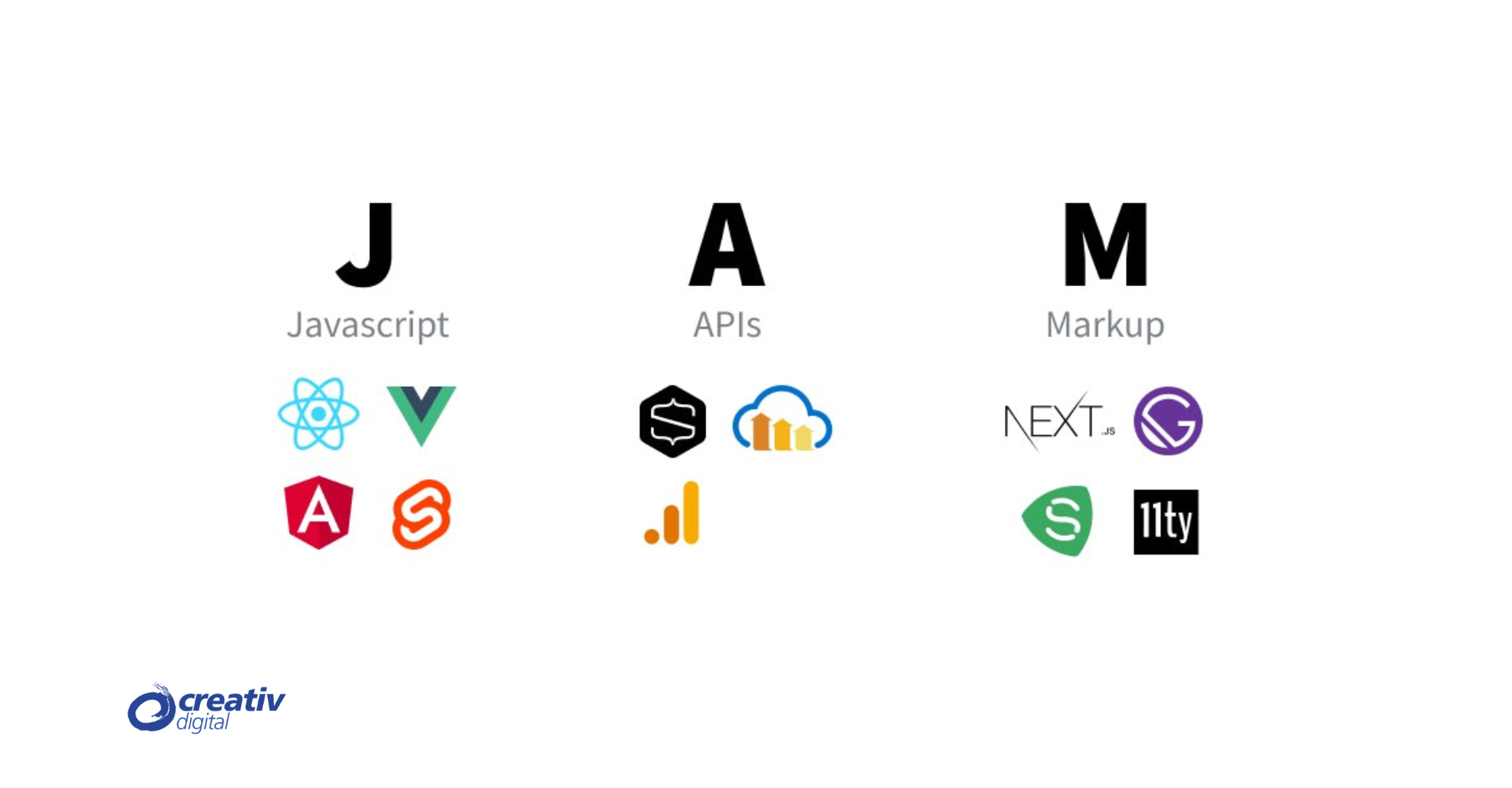In today’s digital age, the importance of integrated marketing cannot be overstated, as it ensures that all marketing channels work harmoniously to deliver a cohesive message. Central to this approach is web development, which plays a critical role in establishing a solid online presence. A well-developed website is the cornerstone of integrated marketing, serving as a hub for content, enhancing user experience, optimizing search engines, and maintaining brand consistency across various platforms. By integrating web development into their marketing strategies, businesses can effectively engage their audience, drive traffic, and achieve higher conversion rates.
Why Web Development Plays a Major Role in Integrated Marketing
Here are some reasons why web development plays a significant role in integrated marketing and how businesses can leverage it to maximize their marketing efforts.
First Impressions Matter
A website is often the first point of contact between a business and its potential customers. A well-designed, professional website creates a positive first impression, instilling trust and confidence in visitors. On the contrary, a poorly developed website can drive potential customers away, leading to lost opportunities. Maintaining a consistent brand image across all touchpoints is crucial in integrated marketing, and web development ensures that your website aligns with your overall marketing strategy.
Central Hub for Marketing Activities
A website serves as the central hub for all marketing activities. Whether it’s social media marketing, email campaigns, content marketing, or pay-per-click advertising, all these efforts usually drive traffic back to the website. A well-developed website ensures visitors have a seamless and engaging experience, increasing the chances of conversion. It is the anchor point where all marketing channels converge, providing a cohesive user experience.
Enhanced User Experience
User experience (UX) is a critical factor in the success of any marketing strategy. Web development significantly ensures a positive UX by optimizing website performance, navigation, and responsiveness. A website that loads quickly is easy to navigate, and works well on all devices (desktop, tablet, and mobile) keeps visitors engaged and reduces bounce rates. Integrated marketing thrives on delivering a consistent and satisfying user experience across all platforms, and web development is critical to achieving this.
SEO and Search Engine Visibility
Search Engine Optimization (SEO) is integral to any integrated marketing strategy. Web development directly impacts SEO, as website speed, mobile-friendliness, and structured data influence search engine rankings. A well-developed website follows best practices for SEO, making it easier for search engines to crawl and index the site. Higher search engine visibility leads to increased organic traffic, which is vital to a successful integrated marketing strategy.
Content Management and Distribution
Content is the backbone of integrated marketing. A well-developed website with a robust content management system (CMS) allows businesses to create, manage, and distribute content efficiently. Regularly updated content not only attracts visitors but also improves SEO rankings. Web development ensures that the website supports various content formats (blogs, videos, infographics, etc.) and provides tools for accessible content sharing across social media platforms, amplifying the reach of marketing campaigns.
Data Collection and Analytics
Integrated marketing relies heavily on data-driven decisions. A well-developed website has tools to collect and analyze visitor behaviour, preferences, and engagement data. Web development ensures seamless integration with analytics tools like Google Analytics, enabling businesses to track key metrics and gain insights into the effectiveness of their marketing efforts. This data helps in refining marketing strategies and improving ROI.
Personalization and Customer Engagement
Personalization is a powerful tool in integrated marketing. A well-developed website can offer personalized experiences based on user data, such as browsing history, preferences, and past interactions. Web development enables customized content, product recommendations, and targeted offers, enhancing customer engagement and loyalty. Integrated marketing aims to deliver relevant and tailored experiences, and a well-developed website is essential.
Brand Consistency
Maintaining brand consistency is a fundamental principle of integrated marketing. A well-developed website ensures that the brand’s visual identity, tone of voice, and messaging are consistent with other marketing channels. This consistency helps in building brand recognition and trust. Web development ensures that the website reflects the brand’s values and aligns with the overall marketing strategy, creating a cohesive brand experience for customers.
Scalability and Adaptability
As businesses grow and evolve, their marketing needs change. A well-developed website is scalable and adaptable, allowing businesses to add new features, update content, and integrate new marketing tools without significant disruptions. Web development ensures that the website can support the changing demands of integrated marketing strategies, providing a flexible platform that can grow with the business.
Competitive Advantage
A well-developed website can provide a significant advantage in a competitive market. Businesses that invest in professional web development can differentiate themselves from competitors by offering superior user experiences, better performance, and more engaging content. An effective integrated marketing strategy leverages the strengths of a well-developed website to stand out in the crowded digital landscape.
Final Words
Web development is a critical component of integrated marketing. It is the foundation for creating a consistent and engaging user experience, optimizing SEO, managing content, collecting data, and maintaining brand consistency. By investing in professional web development, businesses can ensure that their website supports and enhances their integrated marketing efforts, leading to increased traffic, higher conversions, and better ROI. In the digital age, a well-developed website is not just an asset; it’s a necessity for successful integrated marketing.



